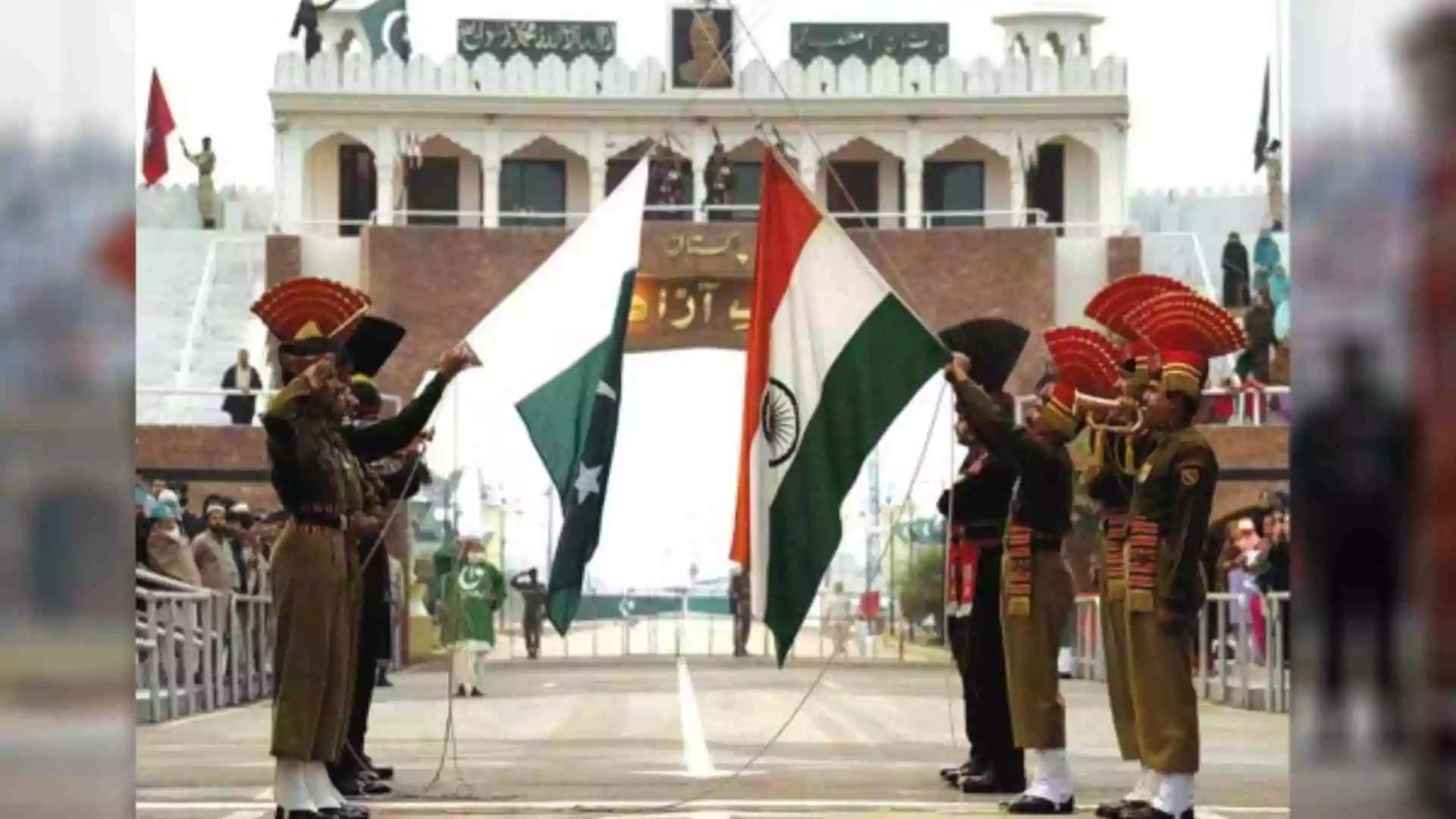India has launched a series of strong diplomatic and security steps aimed at Pakistan just one day after a brutal attack killed 26 people in Jammu and Kashmir’s Pahalgam region. The victims, mostly tourists, were caught in an ambush while visiting the scenic area in Indian-administered Kashmir.
The Indian government blames cross-border support for such attacks and is now taking major actions that could escalate tensions between the two nuclear-armed neighbours.
India’s Response: Borders Closed, Diplomats Expelled, Treaty Suspended
Among the swift and hard-hitting decisions made by New Delhi:
-
India has shut down the main Wagah-Attari border crossing that connects it with Pakistan.
Advertisement · Scroll to continue -
The Indus Waters Treaty, a historic water-sharing agreement signed in 1960, has been put on hold.
-
Indian authorities have expelled Pakistani military advisers posted at the Pakistani High Commission in Delhi.
-
Pakistani nationals with valid visas have been ordered to leave India within 48 hours.
These actions reflect India’s firm belief that Pakistan, even if not directly responsible, allows terror groups to operate from its soil — something Pakistan has always denied.
Attack in Kashmir Among Worst in Recent Times
The ambush in Pahalgam, located in the picturesque but volatile Kashmir Valley, has been described as one of the deadliest attacks in years. Reports say the gunmen stopped vehicles, asked passengers whether they were Muslim or Hindu, and then opened fire.
A manhunt for the attackers is currently underway, and Indian security agencies believe the group Kashmir Resistance might be involved, although this has not been confirmed independently.
The Indian Prime Minister expressed anger and sorrow over the killings.
“Those behind this heinous act will be brought to justice,” said Prime Minister Narendra Modi in a post on X. “Our resolve to fight terrorism is unshakable and it will get even stronger.”
India Suspends Historic Water Treaty
In a particularly bold move, India has decided to suspend the Indus Waters Treaty—a rare example of successful cooperation between India and Pakistan that dates back more than six decades. The treaty divides the river systems between the two countries and has remained intact even during wars.
India’s suspension of the treaty sends a strong signal. Under the agreement, India controls the eastern rivers, while Pakistan relies on the western ones. Any disruption to this flow could have serious consequences, especially for Pakistani farmers and cities that depend on it.
Pakistan Denies Involvement, Plans Response
Pakistan’s officials have firmly rejected the idea that their country had anything to do with the attack. On Thursday, Pakistan’s National Security Council, the highest body overseeing military and foreign policy matters, is expected to meet and chart out a formal response.
The Pakistani Foreign Ministry expressed sorrow over the loss of lives. “Concerned at the loss of tourists’ lives,” the ministry said in a statement, while extending condolences to the victims’ families.
Foreign Minister Ishaq Dar also denied India’s claims, stating there is no proof linking Pakistan to the attack.
India Vows to Punish Not Just Attackers, But “Those Behind the Scenes”
India’s Defence Minister also suggested the government will pursue not only the gunmen but those believed to be orchestrating attacks from behind the scenes.
“We will not only reach those who have perpetrated this incident but also those who, sitting behind the scenes, have conspired to commit such acts on the soil of India,” said Defence Minister Rajnath Singh.
Witnesses Recall Horror in “Heaven on Earth”
Eyewitnesses have described terrifying scenes during the ambush. Tourists—many of them families—ran for their lives as gunmen opened fire. Some said it looked like non-Muslims were specifically targeted, but others described the attack as random.
Most of the victims were Hindu men, but a local Muslim man was also killed.
Local hotel owner Akib Chaya, who is also part of the Kashmir Chamber of Commerce, expressed deep shock over the violence.
“We cannot get over the fact that such an incident has occurred, and that too in the place we call heaven on earth,” he told BBC’s Newshour.
“Tourists have been coming to Kashmir since the last three or four decades and they have never been touched.”
A Dangerous Moment for India-Pakistan Relations
While India hasn’t officially confirmed whether religion played a role in the targeting, the attack has reignited fear, grief, and anger across the country. International leaders have also condemned the violence.
With diplomatic ties already strained, the fallout from this attack and India’s sharp reaction could push relations between the two nations to a new low. All eyes are now on what Pakistan’s leadership decides during its security meeting.





















